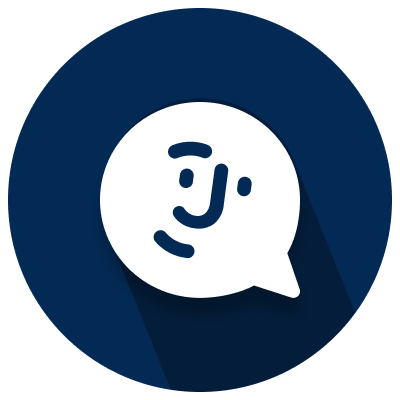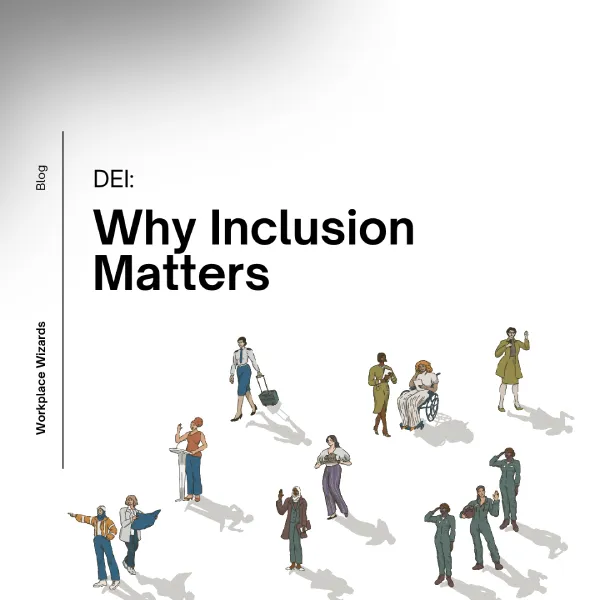As diversity, equity and inclusion (DEI) programs come under political and corporate scrutiny around the world, Australia finds itself at a crossroads. The pressure is building. In the United States, President Donald Trump’s return to office has sparked a wave of DEI rollbacks, both in government and business. His executive order in January scrapped federal DEI initiatives, claiming they amounted to “shameful discrimination” and undermined merit-based systems. Not long after, companies like Meta, Google, and Accenture began scaling back their global DEI commitments, some of them with direct implications for Australian operations.
In Australia, the political rhetoric around DEI has been under scrutiny, particularly in the lead-up to the recent federal election. Former Opposition Leader Peter Dutton had questioned the value of diversity advisers and pledged to “scale back” the public service, suggesting such roles “do nothing to improve the lives of everyday Australians.” Arguably the most recent election results would suggest that his position ultimately failed to resonate with voters, but the debate highlighted ongoing tensions around DEI in public discourse. Meanwhile, proposed updates to ASX diversity reporting, including tracking representation across age, disability, and cultural identity, were quietly shelved earlier this year, signaling that the pressures on inclusion efforts are not limited to politics alone.
The concern is understandable. If DEI efforts are being wound back elsewhere, especially in such influential economies, it’s fair to ask: will Australia follow suit?
We’d argue that it’s the wrong question to be asking.
Because the evidence is clear: inclusion isn’t a trend. It’s a smart, strategic approach to building better, safer, and more successful organisations. And that’s something that most Australian businesses know.
According to the Diversity Council Australia’s Inclusion@Work Index (2023–24), inclusion is strongly correlated with both wellbeing and performance. Employees in inclusive teams are:
- 10 times more likely to be innovative
- 8 times more likely to work effectively together
- 4 times more likely to provide excellent customer service
- 6 times more likely to feel their work supports mental health
- 5 times less likely to experience discrimination or harassment
In fact, 3 in 4 Australian workers say they support their organisation taking active steps to be more inclusive. That’s not a fringe view. It’s a mainstream one, across industries, sectors and demographics.
Beyond performance and wellbeing, inclusion is also about managing risk. In Australia, employers have positive duties under anti-discrimination laws, including the responsibility to take “all reasonable steps” to prevent unlawful conduct like bullying, harassment or victimisation at work. As Judy Lundy of Edith Cowan University notes, businesses face not only reputational damage but also legal consequences when they fail to meet these obligations.
Sandy Burriss, Operations Manager and Project Director at Workplace Wizards, has worked across a wide range of organisations and industries, bringing deep insight and practical experience to the table. With a background in psychology, holding both a Bachelor’s and a Graduate Diploma, she shares her thoughts on the realities of DEI in the workplace:
I have worked in various workplaces and those that have thrived have invested in DEI initiatives long before DEI became a focus. It is core to success that different voices and perspectives are incorporated into operations and the ability to do this is facilitated by the right grounding, set by central values of any business. Being able to speak up, contribute and nurture success, as an employee, is how we feel a sense of purpose and belonging. If you want your business to succeed, you need everyone to succeed.
There’s a reason many of Australia’s major companies, including Rio Tinto, Woodside Energy and members of the superannuation industry, have publicly reaffirmed their DEI goals.
Still, the political climate is shifting. Some see DEI as bureaucratic or ideological. Others believe it undermines merit. And there are certainly valid criticisms when these initiatives are tokenistic, reactive, or poorly implemented.
But the response shouldn’t be to abandon them. The response should be to embed inclusion meaningfully, to make it part of how decisions are made, how teams are led, and how success is defined.
Australia isn’t the United States. Our legal frameworks are stronger, our workplace cultures more collaborative, and our population more diverse. Still, we’re not immune to imported culture wars or political opportunism. At its core, DEI is about recognising and valuing the full range of human experience in the workplace. It’s about ensuring talent isn’t overlooked, wellbeing isn’t neglected, and risks aren’t ignored. It’s not just about being fair, it’s actually smart business.
So yes, we should keep questioning how DEI is done, but not whether it should be done at all.
Workplace Wizards has a team of legally trained employment consultants who have worked with a variety of businesses to help resolve workplace issues.
If your organisation is focused on building a strong, inclusive workplace culture, our legally trained employment consultants can help. We’ve supported businesses of all sizes with tailored solutions that strengthen team dynamics, clarify expectations, and align workplace practices with company values. From refining policies and reviewing employee contracts to delivering training that promotes respectful, engaged teams, we help create environments where people feel supported and empowered to thrive. Reach out to learn more about our specialised workplace solutions and how we can support your culture goals.
You can call us on 03 9087 6949 or email support@workplacewizards.com.au.
We’ve also got other blog posts looking at employee engagement such as quick tips on handling difficult conversations in every day situations




Comments are closed.